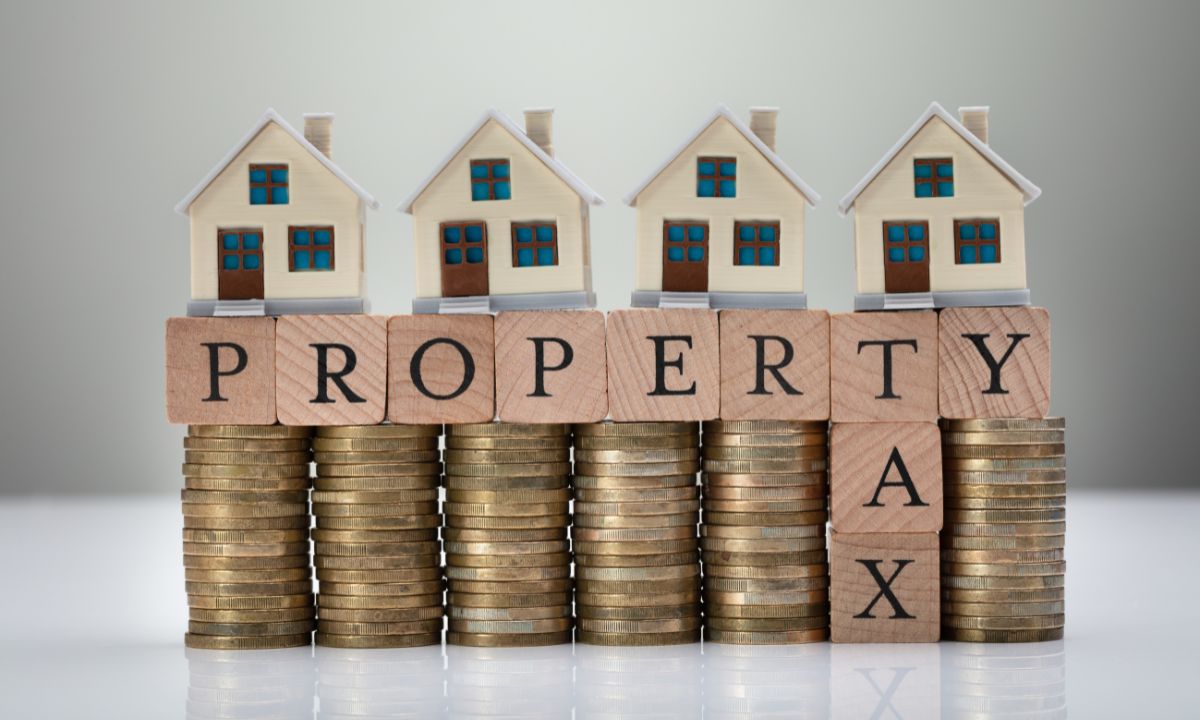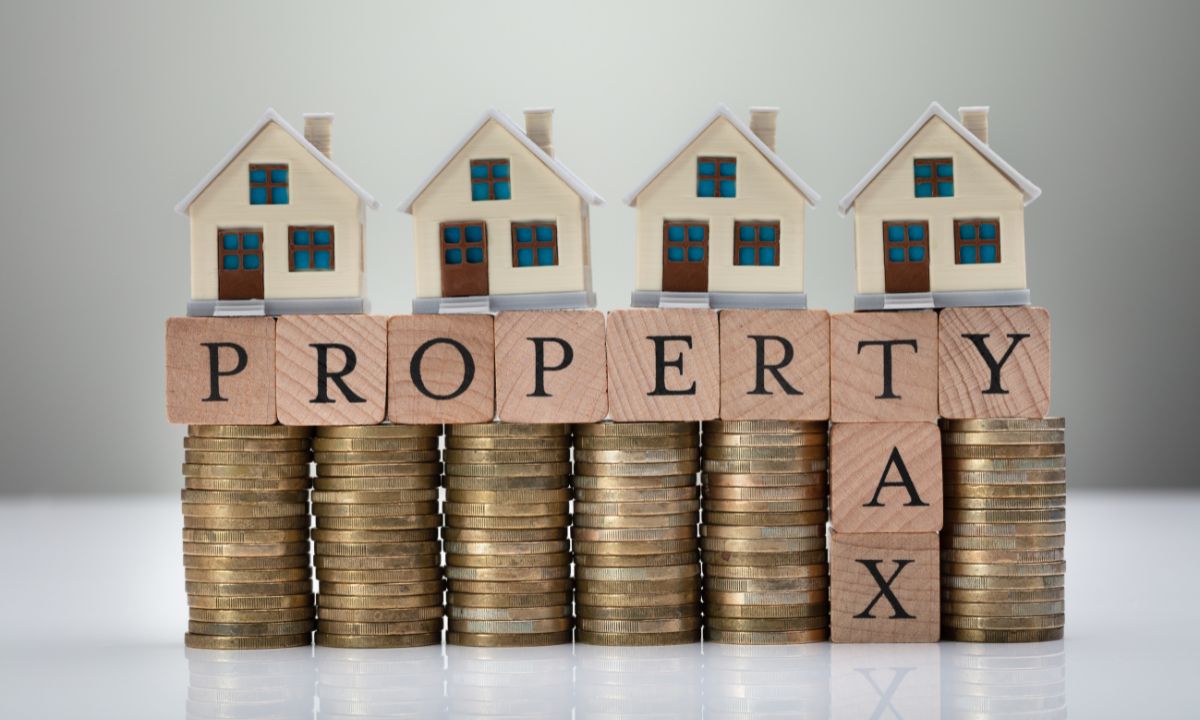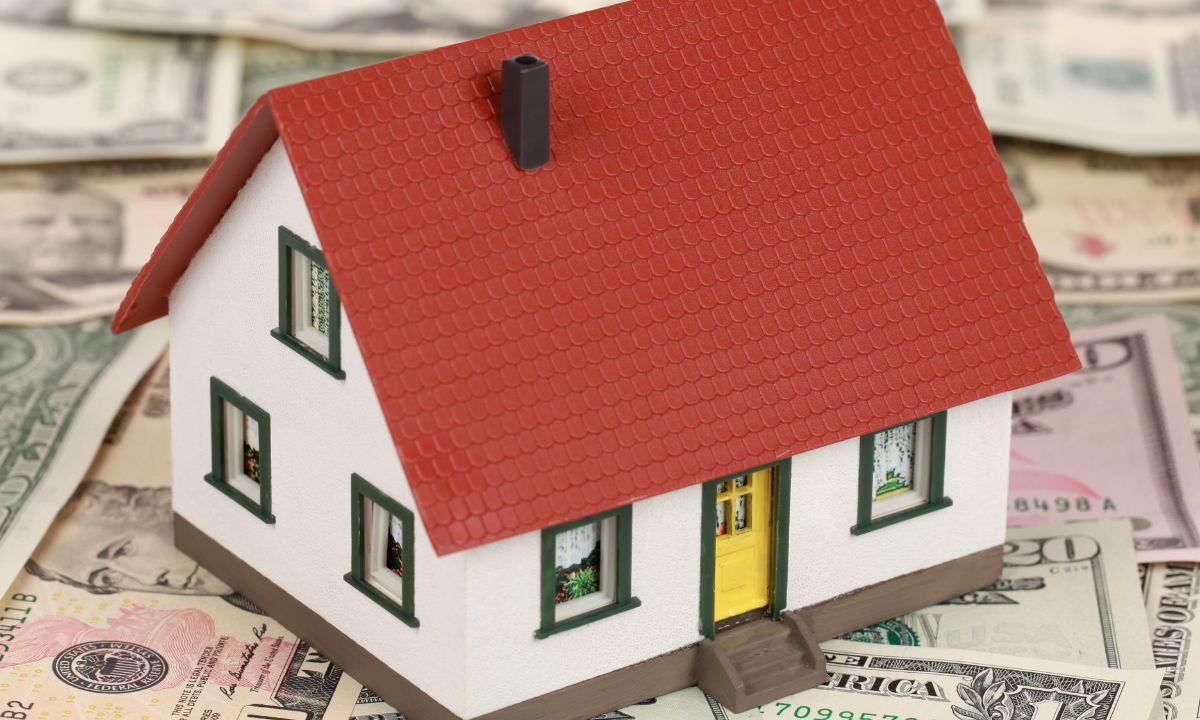A New Homebuyer’s Guide to Understanding Property Taxes
 Purchasing a new home is an exciting milestone, but it also comes with various responsibilities, including understanding property taxes. Property taxes are a crucial aspect of homeownership, as they contribute to local government funding and services. In this guide, we’ll break down everything you need to know about property taxes as a new homebuyer.
Purchasing a new home is an exciting milestone, but it also comes with various responsibilities, including understanding property taxes. Property taxes are a crucial aspect of homeownership, as they contribute to local government funding and services. In this guide, we’ll break down everything you need to know about property taxes as a new homebuyer.
What Are Property Taxes?
Property taxes are taxes imposed by local governments on property owners. These taxes are based on the assessed value of real estate properties, including land, buildings, and improvements. The revenue generated from property taxes is used to fund essential services such as schools, roads, public safety, and infrastructure within the community.
How Are Property Taxes Calculated?
Property taxes are calculated based on the assessed value of your property and the tax rate set by your local government. Here’s how the process generally works:
Assessment: Local tax assessors evaluate the value of your property periodically. They consider factors such as the property’s size, location, amenities, and recent sales of similar properties in the area.
Tax Rate: Once the assessed value is determined, the local government sets a tax rate, often expressed as a percentage (millage rate) of the property’s assessed value.
Calculation: To calculate your property tax, multiply the assessed value of your property by the tax rate. For example, if your property is assessed at $200,000 and the tax rate is 1%, your annual property tax would be $2,000.
Understanding Property Tax Assessments
It’s essential to understand how your property is assessed to ensure accuracy and fairness in taxation. Here are a few key points to consider:
Appeals Process: If you believe your property has been overvalued or if there are errors in the assessment, you have the right to appeal the decision with your local tax assessor’s office.
Exemptions and Deductions: Some jurisdictions offer exemptions or deductions for certain types of properties or homeowners, such as senior citizens, veterans, or individuals with disabilities. Check with your local tax authority to see if you qualify for any exemptions.
Reassessment: Your property’s assessed value may change over time due to factors such as renovations, market fluctuations, or changes in zoning regulations. Be prepared for periodic reassessments by the tax assessor’s office.
Budgeting for Property Taxes
Property taxes are typically billed annually or semi-annually, depending on your location. It’s essential to budget for property taxes as part of your overall homeownership expenses. Consider setting aside funds each month in an escrow account, especially if your mortgage lender requires it.
Understanding property taxes is a vital aspect of homeownership. By familiarizing yourself with the basics of property taxation, you can make informed decisions, budget effectively, and contribute to your community’s well-being. Remember to stay informed about tax laws and regulations in your area, and don’t hesitate to reach out to local tax authorities or real estate professionals if you have any questions or concerns.

 Retirement is a significant milestone in one’s life, symbolizing the culmination of years of hard work and dedication. As individuals approach this stage, meticulous planning becomes imperative to ensure a comfortable and financially secure future. Among the plethora of retirement planning options, real estate emerges as a challenging player, offering unique advantages that can enhance the overall strategy. Let’s discuss the pivotal role that real estate plays in retirement planning and why it deserves a prominent place in your financial portfolio.
Retirement is a significant milestone in one’s life, symbolizing the culmination of years of hard work and dedication. As individuals approach this stage, meticulous planning becomes imperative to ensure a comfortable and financially secure future. Among the plethora of retirement planning options, real estate emerges as a challenging player, offering unique advantages that can enhance the overall strategy. Let’s discuss the pivotal role that real estate plays in retirement planning and why it deserves a prominent place in your financial portfolio. Are you tired of pouring your hard-earned money into rent payments every month, only to see it vanish into thin air? Have you ever considered that homeownership might be the key to escaping the rent trap and building wealth for your future? We will explore how homeownership can be a powerful wealth-building tool compared to renting.
Are you tired of pouring your hard-earned money into rent payments every month, only to see it vanish into thin air? Have you ever considered that homeownership might be the key to escaping the rent trap and building wealth for your future? We will explore how homeownership can be a powerful wealth-building tool compared to renting.